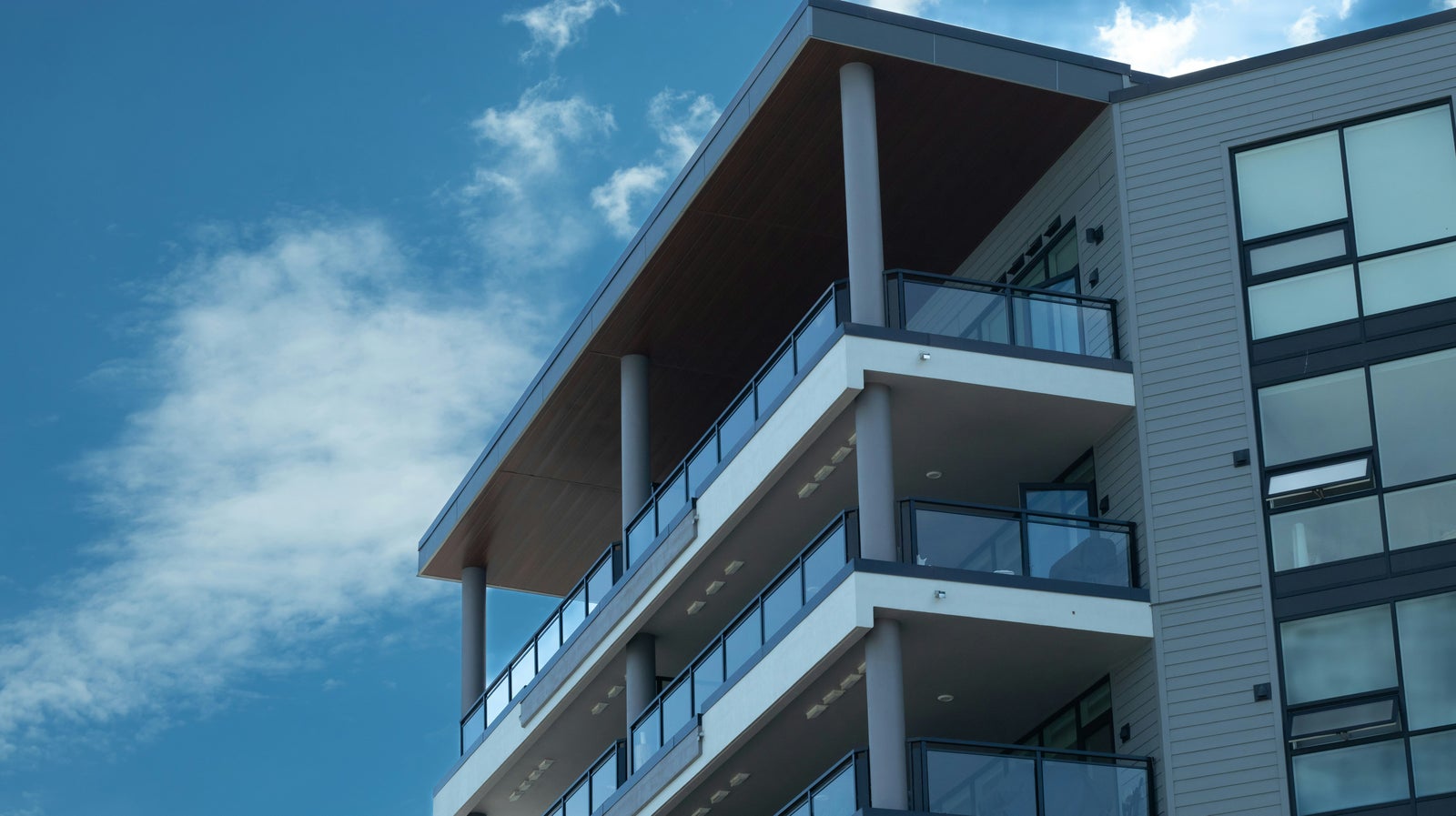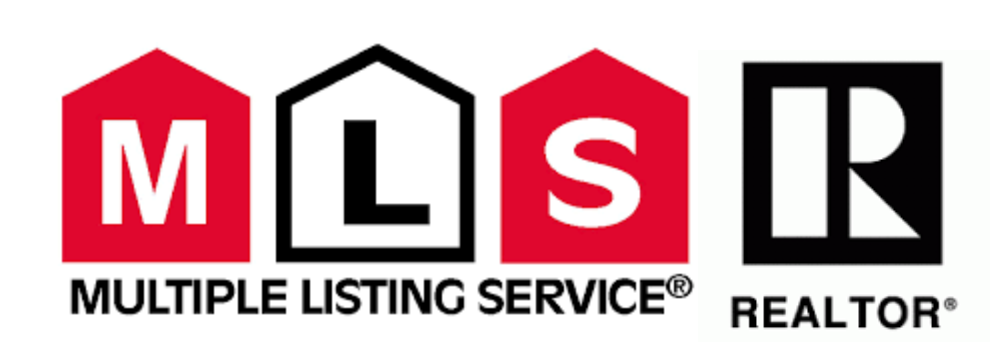
Understanding Condo Special Assessments in Canada
Over the past year, special assessments in condominiums have become increasingly common across the country—from Calgary to Toronto. This trend has left many condo owners facing unexpected and significant expenses, sometimes forcing them to sell their units below market value just to cover the costs. So, what exactly is a special assessment in a condo, and why does it matter?
What Is a Special Assessment in a Condo?
A special assessment is a one-time fee that condo owners may be required to pay in addition to their regular monthly condo fees. These charges typically arise for two main reasons:- To address budget shortfalls without dipping into the reserve fund.
- To cover unexpected costs like major repairs (e.g. a leaking roof), legal expenses, or emergency events (such as flooding), especially when reserve funds are insufficient.
How Much Could It Cost?
The cost varies by situation, but owners are typically billed based on their unit’s percentage share of the condominium’s total common expenses—similar to how monthly fees are calculated. The condo corporation will notify owners of their individual amount and payment deadline.What If You Can’t Pay?
If an owner fails to pay the special assessment, the condo board can place a lien on the unit. This legal claim allows them to recover funds through proceeds from a sale, if necessary. The lien may also include interest and legal fees in addition to the unpaid assessment.Can You Avoid Special Assessments?
There’s no guaranteed way to avoid them, but buyers and owners can take proactive steps:- Review the condominium’s status certificate, which outlines the financial health of the condo corporation and reserve fund.
- Look for any signs of upcoming major repairs or lawsuits.
- If possible, get involved by joining the condo board to help ensure the building is being managed responsibly and planning for long-term maintenance.
Are Special Assessments Tax Deductible?
This depends on how the property is used. If the condo is your primary residence, the special assessment (and monthly fees) are not tax deductible. However, if the unit is used as a rental property, some or all of the assessment costs might be deductible as part of your rental expenses. Always consult with a tax professional or the Canada Revenue Agency for clarity.Why Are They Becoming More Common?
As buildings age, they often require costly repairs. Many condo corporations, especially in newer developments, keep reserve funds low to attract buyers with lower fees. But this can lead to shortfalls when big-ticket repairs are needed. Recent examples include:- In 2024, five condo buildings near Ottawa built in the 1980s were found to have serious structural and maintenance issues, leading to significant repair costs.
- A condominium in north Edmonton issued a $12,000 special assessment to each of 44 units in late 2023 due to fire damage and structural concerns.
- In 2023, a Calgary complex faced a $500,000 collective special assessment.
Special assessments are a reality that every condo owner—or potential buyer—should be aware of. While regular monthly condo fees are easy to budget for, unexpected assessments can be financially overwhelming.
Do your homework. Review status certificates, ask questions about the reserve fund, and work with a knowledgeable real estate agent. With careful research and planning, you can protect yourself from surprise costs and ensure your condo investment is a sound one.Have questions or just want to chat about condos? Give me a call or text me at 780-298-3637, or send me an email to Sold@SarahLizee.ca.
